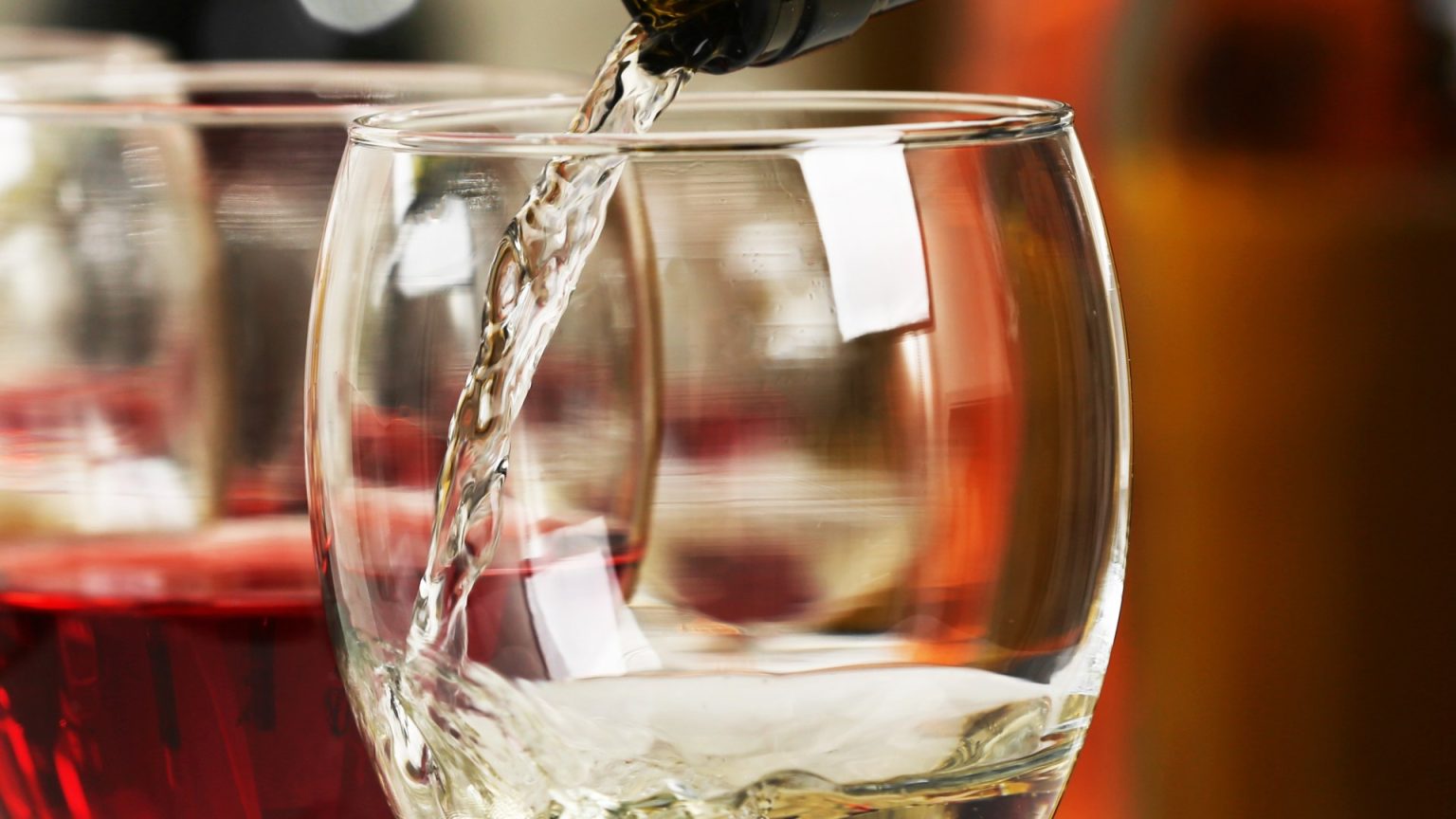The holiday season, a time of cheer and celebration, often involves increased alcohol consumption. While many enjoy festive drinks in moderation, some individuals struggle with excessive drinking, a pattern that can extend beyond the holiday period. Distinguishing between festive overindulgence and a deeper problem lies in the ability to recognize limits. Individuals without alcohol problems are generally aware of their capacity and can switch to non-alcoholic beverages or stop drinking altogether. Conversely, those with an alcohol problem may find it difficult to stop once they start, often continuing until all available alcohol is consumed. This inability to control intake serves as a significant red flag, indicating an unhealthy relationship with alcohol. While holiday cheer can create a permissive atmosphere for excessive drinking, it’s crucial to recognize when “fun” crosses the line into problematic behavior, impacting both the individual and those around them. Alcohol can impair judgment and sensitivity to others’ needs, leading to potentially dangerous situations and compromised relationships.
Recognizing the signs of a potential alcohol problem in a loved one is essential, especially during the festive season when alcohol is readily available and consumption is often normalized. One key indicator is the prioritization of alcohol over other aspects of life, including work, family, friends, and even personal hygiene. A growing need for daily alcohol, including “hair of the dog” to alleviate withdrawal symptoms, is another significant warning sign, although not all individuals with alcohol problems drink daily. Some may abstain during the week but engage in excessive drinking on weekends once alcohol is introduced. The inability to limit consumption, consistently exceeding self-imposed limits, and changes in drinking patterns over time, such as increased frequency or quantity, are further indications of a potential issue.
Other telling signs include increased irritability when not drinking, followed by a noticeable relaxation upon consuming alcohol, creating a Jekyll-and-Hyde personality shift. Frequent blackouts, unexplained injuries, and memory loss regarding events that occurred while drinking also point towards a problematic relationship with alcohol. Secretive behavior surrounding alcohol, such as making excuses to leave the house or hiding alcohol consumption, also raises red flags. Individuals with alcohol problems often become adept at justifying their drinking, particularly during the holiday season, inventing reasons to drink more than usual, avoiding family gatherings that involve driving, or instigating arguments to leave and drink in private.
Helping a loved one struggling with alcohol requires careful timing and a supportive approach. While the holidays may highlight the issue, a calm and private conversation in the New Year may be more conducive to a productive discussion. Approaching the subject with empathy and concern, focusing on observed behaviors without judgment, is crucial. Offering non-judgmental support and allowing the individual to express their thoughts and feelings creates an environment where they might be more receptive to acknowledging the problem. If they admit to having a problem, offering assistance in finding professional help is vital.
Excessive alcohol consumption poses significant health risks. While moderate drinking was once believed to be beneficial for the heart, recent research has debunked this notion, linking regular heavy drinking to increased risks of heart disease, liver disease, cancer, and other health problems. Current guidelines recommend no more than 14 units of alcohol per week, spread over three or more days, for both men and women to minimize health risks. This 14-unit threshold represents a “low-risk” level, not a “safe” amount, as any alcohol consumption carries some inherent risk. For those looking to cut back, incorporating several alcohol-free days each week is advisable.
Addressing someone’s alcohol problem requires understanding that alcohol is not the root issue, but rather a coping mechanism for underlying problems, such as past trauma, self-esteem issues, or present-day dissatisfaction. Support should focus on helping the individual find healthier coping strategies and address the underlying causes of their reliance on alcohol. Numerous resources are available to assist individuals struggling with alcohol dependence, including support groups like Alcoholics Anonymous, charities like Drink Aware and Alcohol Change UK, and the NHS website, which offers advice and tips for reducing alcohol intake. For heavy or prolonged excessive drinking, consulting a GP is essential, as abruptly stopping alcohol consumption can be dangerous and may require medically supervised detox.
Creating a supportive environment for someone trying to moderate their drinking involves practical steps like offering a variety of non-alcoholic beverages at gatherings and refraining from pressuring individuals to consume alcohol. Supporting a loved one struggling with alcohol can be emotionally taxing. Seeking support for oneself through groups like Al-Anon, which caters to individuals affected by someone else’s drinking, is crucial for maintaining emotional well-being. It’s important to remember that you are not responsible for their drinking, and you shouldn’t try to cover up or enable their behavior, particularly in situations involving driving or other risky activities. Recognize that alcoholism is an illness, and early intervention can make a significant difference.
If you’re concerned about your own drinking habits, seeking professional help is the first step. A GP can provide advice, support, and appropriate resources, including counseling, medication, and detox services. Alcohol dependence, characterized by the inability to function without alcohol and experiencing withdrawal symptoms upon cessation, requires careful management and professional support. Stopping abruptly without proper medical guidance can be dangerous. Numerous charities, support groups, and helplines offer assistance for individuals seeking to quit or reduce their alcohol consumption. Several strategies can facilitate the process of quitting or cutting back on alcohol: informing family and friends about your intentions can provide crucial support and accountability; identifying and avoiding situations that trigger alcohol cravings is essential, especially in the early stages of sobriety; engaging in new activities during times you typically drank can help break the cycle of habit; rewarding yourself for progress and avoiding self-criticism for occasional slip-ups promotes positive reinforcement; noticing the positive physical and mental changes associated with reduced alcohol consumption, such as increased energy, better sleep, and weight loss, can serve as further motivation.




